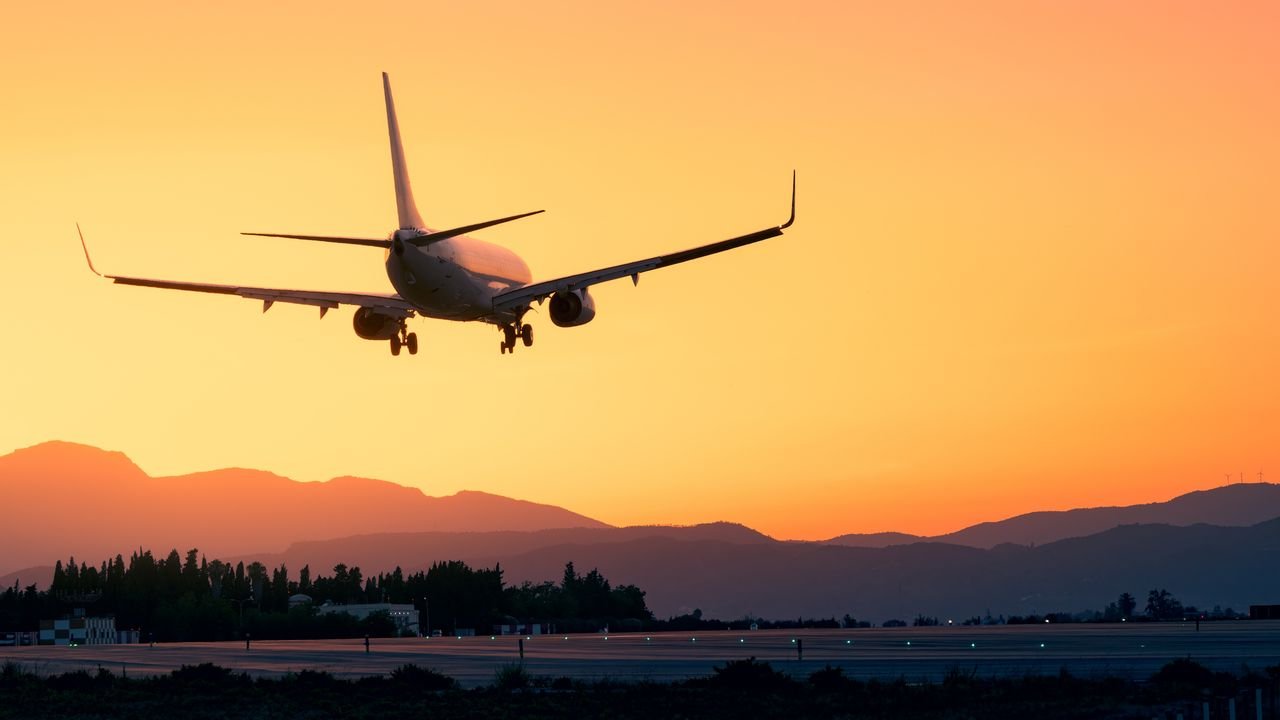On domestic flights, there may be rare cases when an airline has oversold seats and there simply isn’t the capacity, he adds. However, typically airlines are able to find a solution if this happens by asking volunteers to change their flight in exchange for compensation.
When do passengers find out about downgrades?
More often than not, the downgrades will happen shortly before the flight, only when airlines have exhausted all of their options. For example, if a maintenance issue with inoperable seats takes longer or is more extensive than originally anticipated, “it makes more sense for the airline to bump a passenger to economy than to try to make an expensive fix at an airport far away from home,” Arnot says.
What should you do if you’re downgraded?
While the news is no doubt a disappointment, Arnot reminds passengers to first and foremost not take out the frustration on the staff, and pack some patience and understanding. “The decision is made not by the gate agents, in-flight crew, the pilots, maintenance, or revenue management—it’s a collective decision made by an airline,” he explains.
Depending on the specifics of the situation and whether alternate flights with open seats may be available, involuntarily downgraded passengers may be offered the choice to take another flight in their original ticket class.
While the Department of Transportation (DOT) does outline passenger rights for those who are completely bumped from a flight, fliers who are downgraded but still have a seat on the flight are only legally entitled to fare compensation. (More on that below.)
Since that may not happen immediately, it’s always wise to document every step of the downgrade, in case any hiccups arise down the road.
What compensation are you owed by the airline when you’re downgraded?
According to the DOT’s flight compensation rules, downgraded passengers are “entitled to a refund for the difference in price.” While that fare difference between what was originally paid and the value of the seat received is all that airlines are legally bound to owe, “in practice, airlines may be more generous with their premium passengers and frequent customers,” Arnot says.
Generally, the fare difference will be paid in cash. Meanwhile, any extra voluntary compensation on top of that (also known as customer service compensation) may come in the form of miles or travel credits.
How common are downgrades from business to coach?
Overall, downgrades are still very uncommon. It’s an unfortunate scenario that can happen with any airline, since it is often the result of unpredictable mechanical and crew issues. Arnot shares that in his own travels, he has experienced the involuntary downgrade once on a long-haul flight because of an inoperable seat. “Would I have been willing to endure a seat that did not fully lay-flat? Yes,” he says. “Could the airline have sold it or kept me there? Likely not, as it would raise a safety concern.”
This story has been updated with new information since its original publication date.
